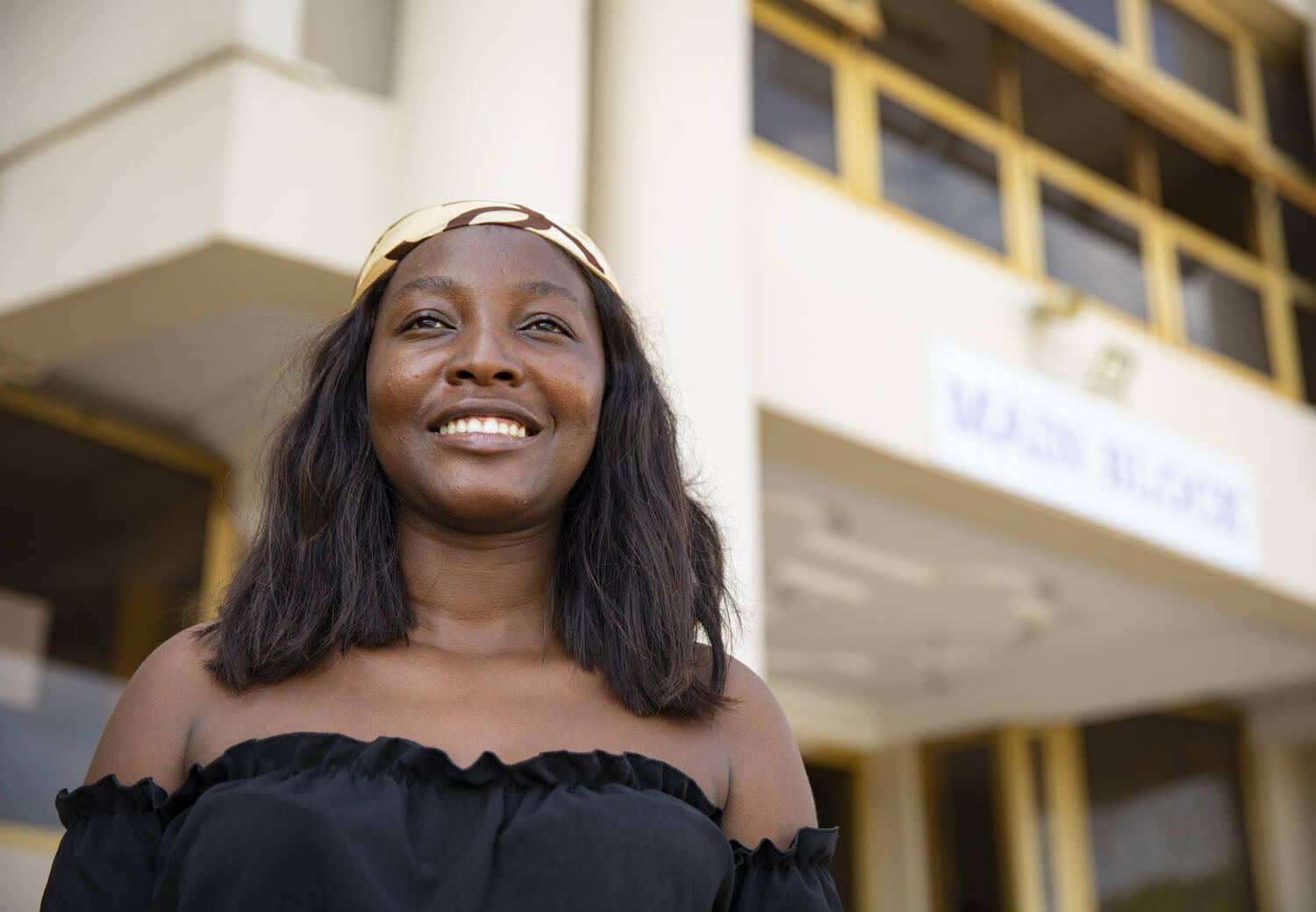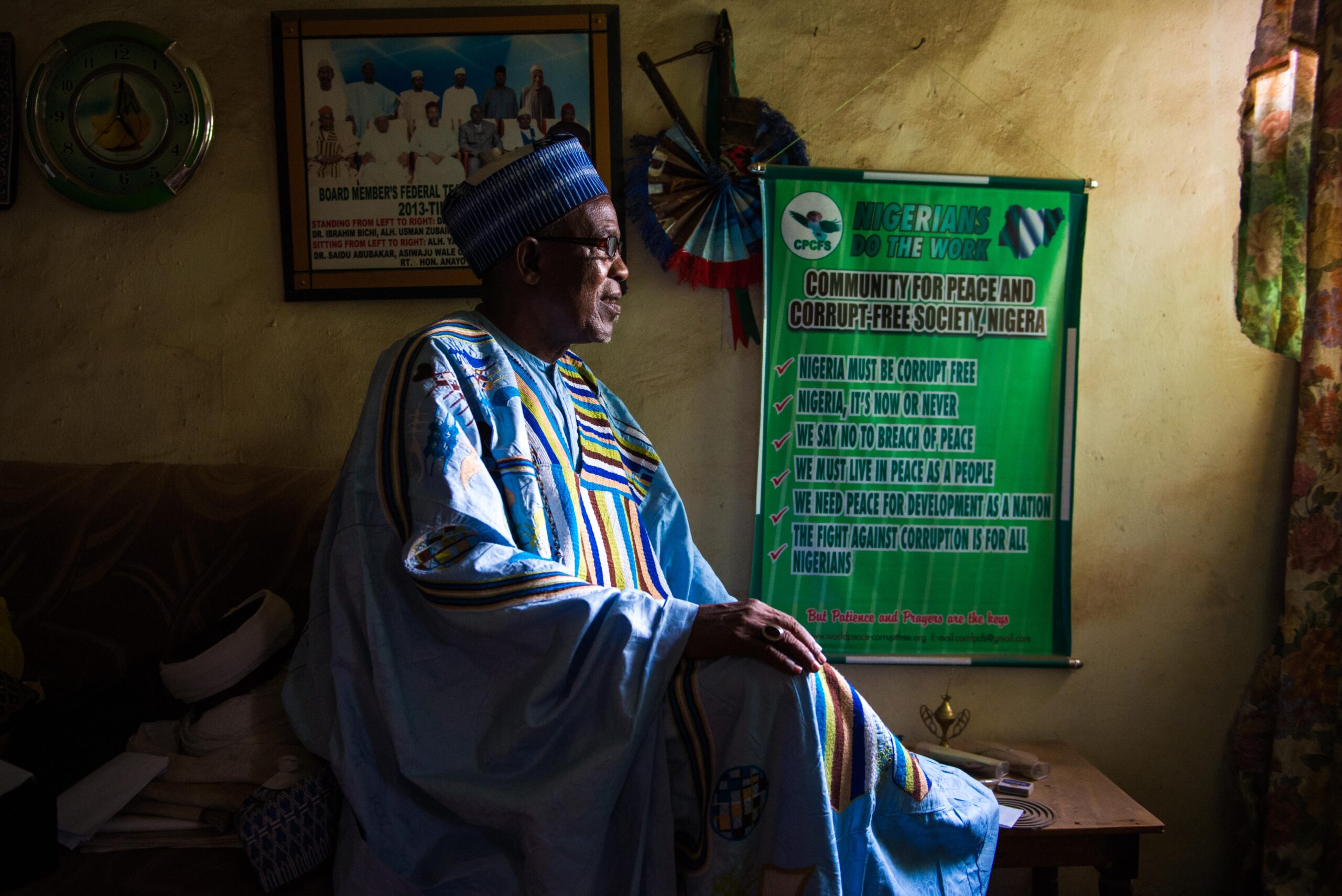As the unfolding COVID-19 pandemic continues to spread, medical services and health systems are, in some places, being stretched to breaking point.
Yet, women will still need sexual and reproductive healthcare, including access to safe abortion, with the poorest and most marginalised women and girls most affected. The profound impact of this crisis means they may need these services even more.
Abortion is an essential component of universal health coverage and a time-sensitive procedure. Any delay, whether days or weeks, has the potential to impact the health and well-being of women profoundly.
As global sexual and reproductive health providers, we know the inevitable result. We know that restricting access to safe abortion, makes the procedure more complex and more dangerous. Each year 35 million women resort to dangerous and unsafe methods to end their pregnancy, and our teams worldwide witness and deal with the terrible consequences of this every day.
We know from many countries that public health systems are struggling to provide abortion care under the strain of COVID-19.
But in the midst of this uncertainty, there are sensible, cost-effective, and safe strategies we can use to release the pressure and ensure access.
Telemedicine
One solution is telemedicine, vital for those who are self-isolating, and for those living in remote communities. All over the world, people confined at home because of Coronavirus are consulting with doctors via the web and the phone, yet most countries do not currently allow this in abortion care.
An exception is Australia where MSI Australia has been offering telemedicine since 2015. Here, women can have a consultation over the phone with a doctor specialised in medical abortion treatment and receive medication via courier with access to a 24/7 nurse aftercare line.
Initial research shows women in rural communities with little to no abortion clinics and limited access to contraception find this a much-needed convenient and private solution.
Already, the COVID-19 pandemic is forcing the closure of service delivery points across IPPF Member Associations and some MSI country programmes. It’s vital that women are able to use new ways to get access, support and care to the sexual and reproductive healthcare they need.
Access to information and health services
The World Health Organisation indicates that women can safely self-manage medical abortion in circumstances where they have access to appropriate information and health services should they need or want them.
For countries lacking the proper infrastructure to enable telemedicine, patient education initiatives could be implemented. These include digital media campaigns highlighting the safety of abortion, and the availability of abortion in different settings. With growing internet use in countries with high unsafe abortion rates, and the risk of misinformation being shared online, including by anti-choice pressure groups, it is essential that we harness the power of technology, with engaging, fact-based campaigns.
Research carried out by MSI with women who had accessed safe abortion at its centres in Latin America, Africa and Asia, found that nearly 30% of respondents had accessed information about abortion care via the internet and social media. This was particularly true in highly stigmatised environments like Ghana, where safe abortions are legally permitted, but 45% of abortions remain unsafe.
Removing barriers to access
Now is the time to prioritise public health needs. Now is the time to focus on the sexual and reproductive healthcare women need and want.
We urge governments not to let those who oppose abortion to cynically deny women access to essential healthcare. Instead, they must consider how the pandemic throws into stark relief the arbitrary nature of many abortion laws and make sensible changes to reduce unsafe abortion and save women’s lives.
This week, the UK Government did just that, when the Department of Health announced it would make the changes necessary to allow women to take medical abortion in their own homes, without the need to attend a hospital or clinic. This is a great example of a government responding pragmatically to the crisis to improve access to safe abortion care and reduce some of the pressure on public health services under huge stress from COVID-19.
Sensible and practical changes
IPPF and MSI are pivoting our services to adapt to the changing country environments and the needs of our clients. We have both established COVID-19 Taskforces, which are monitoring the impact of C-19 on service delivery, coordinating support and are mobilising resources to provide PPE, reproductive health supplies and innovative service delivery strategies.
FIGO has created guidance and information around core areas women’s health, including safe motherhood, health and rights in refugee settings and COVID-19 in low income settings, enabling voices from throughout its 132 country societies to be heard at this time.
At IPPF, FIGO and MSI, we are doing everything we can to keep women resilient and safely support them as we navigate these uncharted waters.
And we call on all governments to do the same.
It is time to remove unnecessary waiting periods, put abortion medication on the list of essential medicines, increase the range of people who can provide services and give women the ability to safely self-manage their abortion care.
Sensible and practical changes need to be implemented now to save lives and prevent further strain on overstretched medical services. But we also need to see a long-lasting change that will safeguard the many women forced to seek unsafe abortion methods outside of this pandemic.
Women will always need abortions; whether they can have them safely and with dignity is down to Governments. We call on them to act now.
Simon Cooke, CEO, Marie Stopes International (MSI), Dr Jeanne Conry, President Elect, FIGO (International Federation of Gynecology and Obstetrics), Dr Alvaro Bermejo, International Planned Parenthood Federation Director General (IPPF), Manuelle Hurwitz, Chair, Safe Abortion Action Fund (SAAF)








